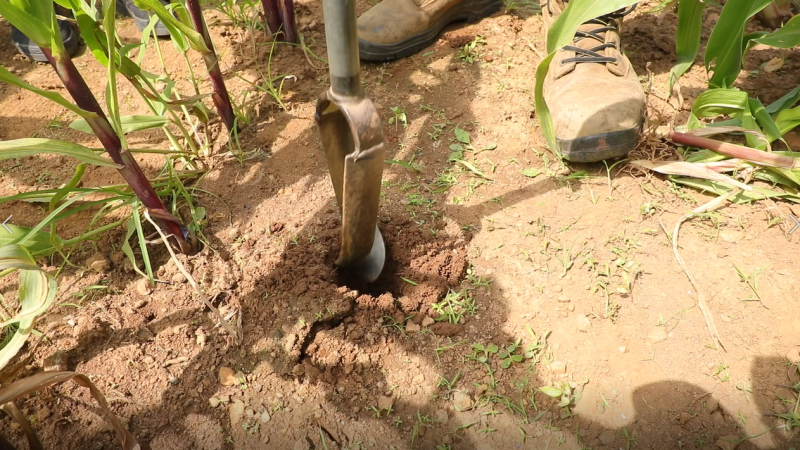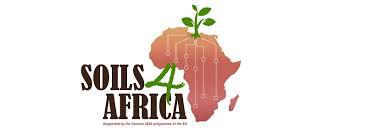Existing soil databases for Africa often are compilations of datasets generated for different purposes, and therefore based on a variety of methods for soil sampling and analysis. Generally, the data were collected using purposive sampling and analysed using conventional soil laboratory methods. As such, they rarely provide direct measurements based on sound (geo)statistical sampling frames. Further, the available data are seldom shared as open data. These compounding factors introduce a strong bias in the data and thereby preclude accurate assessment of the occurrence of soil constraints, quantification of risk factors and reliable assessments of change in soil health/quality.
The Soils4Africa project will overcome these constraints by developing a soil information system that uses a sound sampling framework, uniform methodologies for data gathering, accompanied with thorough documentation of the methodologies. The SIS will be hosted by an African institute to be selected by the project. The project will develop a methodology that can also be used for continental scale soil quality monitoring in the future, as well as for national level data collection and soil monitoring.



